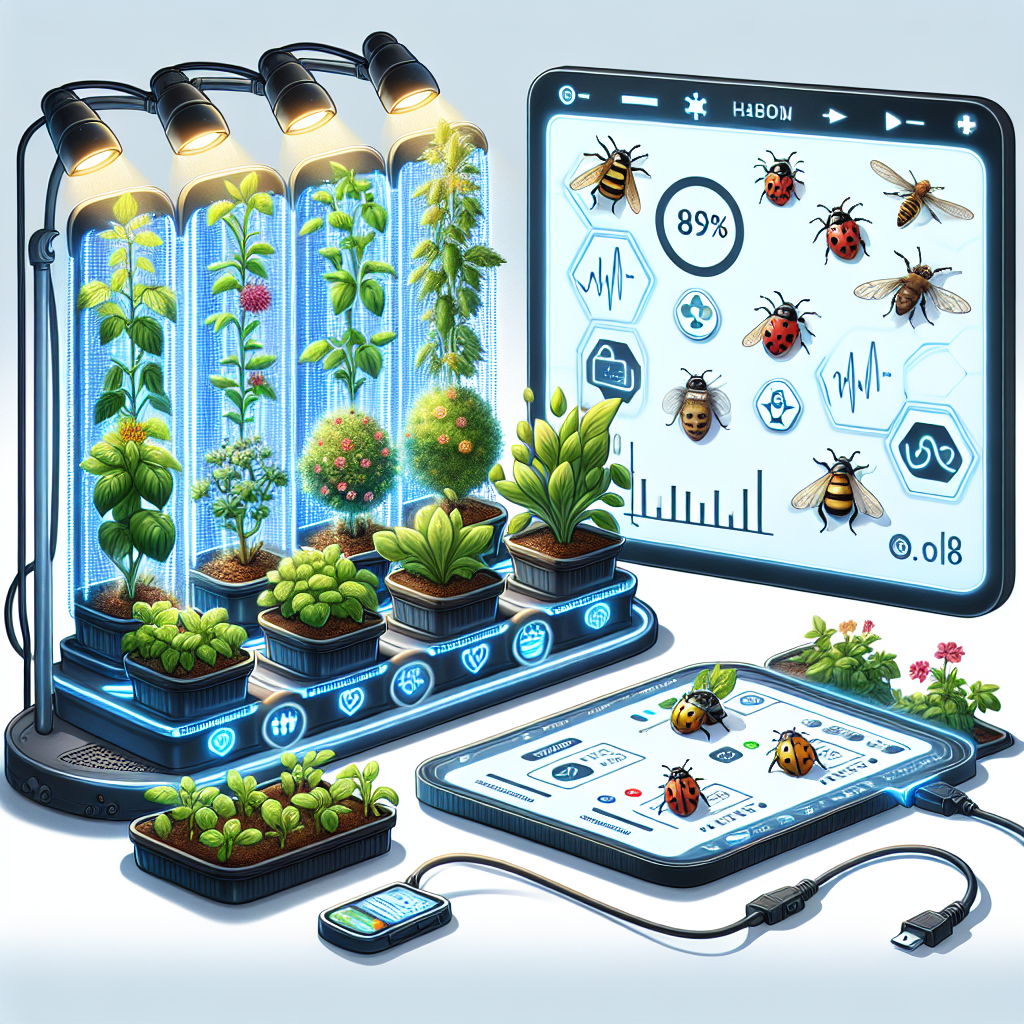Cultivating Sustainability: An In-Depth Exploration of Organic Gardening
January 27, 2024 at 6:55:11 AM
This blog post provides an extensive analysis of organic gardening, detailing its principles, benefits, and techniques. It includes case studies exemplifying successful organic practices and discusses the broader environmental implications and potential challenges of adopting this approach. The conclusion highlights organic gardening's role in sustainable food production and proposes a call to action for further dialogue and research.

Definition of Organic Gardening
Organic gardening is a holistic approach to growing plants in a way that is harmonious with nature. It eschews synthetic chemicals in favor of natural processes and materials to foster plant growth and soil health. The overarching aim is to create a sustainable ecosystem within the garden.
Importance of Organic Gardening
Organic gardening plays a pivotal role in promoting sustainable and environmentally friendly practices. By avoiding synthetic inputs, it reduces pollution, conserves resources, and supports biodiversity, all of which are essential to the longevity of our planet's health.
Understanding Organic Gardening
Organic Gardening Principles
The essence of organic gardening revolves around three central tenets:
- Elimination of Synthetic Chemicals: Utilization of natural fertilizers and pest control measures to exclude harmful substances.
- Soil Fertility Management Through Natural Means: Techniques such as composting, cover cropping, and crop rotation to maintain and enhance soil productivity.
- Biodiversity Promotion and Pest Control Through Ecological Balance: Fostering a diverse group of plants and animals to establish a self-regulating ecosystem that minimizes pest outbreaks.
Benefits of Organic Gardening
Key benefits include:
- Healthier and More Nutritious Produce: Organic gardening often results in fruit and vegetables of higher nutritional value due to the absence of harmful chemicals.
- Preservation of Soil Fertility: Natural cultivation methods enrich the soil instead of depleting it, maintaining its long-term viability.
- Reduction of Chemical Pollution and Environmental Damage: By foregoing synthetic chemicals, organic gardening helps to minimize the ecological footprint associated with conventional horticulture.
Organic Gardening Techniques
Soil Preparation and Management
Effective soil management is paramount in organic gardening:
- Composting: Transforming organic waste into rich humus to nourish the soil.
- Mulching: Layering organic materials on the soil surface to conserve moisture and suppress weeds.
- Cover Cropping: Planting crops specifically to improve soil health and nutrient content.
Pest and Weed Management
Organic methods focus on prevention and natural controls:
- Companion Planting: Positioning plants in proximity to support each other's pest control and nutrient needs.
- Biological Pest Control: Introducing natural predators to manage pest populations.
- Mechanical Weed Removal: Using physical methods to remove weeds without harming the environment.
Water Conservation and Irrigation
Sustainable water practices are integral to organic gardens:
- Rainwater Harvesting: Collecting and storing rain for garden use.
- Drip Irrigation: Delivers water directly to plant roots, minimizing waste.
- Water-Efficient Gardening Practices: Selecting drought-resistant plant varieties and optimizing watering schedules.
##Case Studies: Successful Organic Gardening Practices
The Rodale Institute's Organic Agriculture Systems Trial
The Rodale Institute has conducted a landmark long-term study comparing organic and conventional farming methods, revealing that organic systems demonstrate superior soil health and resilience.
John Jeavons' Biointensive Agriculture
John Jeavons has developed a method that concentrates on high yields in small areas, utilizing organic techniques to augment soil fertility and productivity. This biointensive agriculture has been influential in demonstrating the effectiveness of organic approaches.
Implications and Conclusion
Environmental Impact of Organic Gardening
- Improving Biodiversity and Ecosystem Health: Organic gardens serve as habitats for various species, promoting a balanced ecosystem.
- Mitigating Climate Change: Organic techniques such as composting and the use of green manures can help sequester carbon in the soil, potentially offsetting greenhouse gas emissions.
Potential Challenges and Solutions in Adopting Organic Gardening
Though the benefits are clear, challenges such as Access to Organic Seeds and Knowledge and Scaling up organic production to meet demand exist. Solutions include increased education, community sharing, and policy support.
Conclusion: The Future of Organic Gardening
Organic gardening is emerging as a sustainable solution for our future food production needs. It beckons individuals and communities to adopt and spread organic practices, ensuring a healthier planet for future generations.
Call to Action
Professionals and enthusiasts are encouraged to engage in dialogue about the intricacies and practices of organic gardening. Further research and education will propel this field forward, illuminating the path to a sustainable future.
Topics




